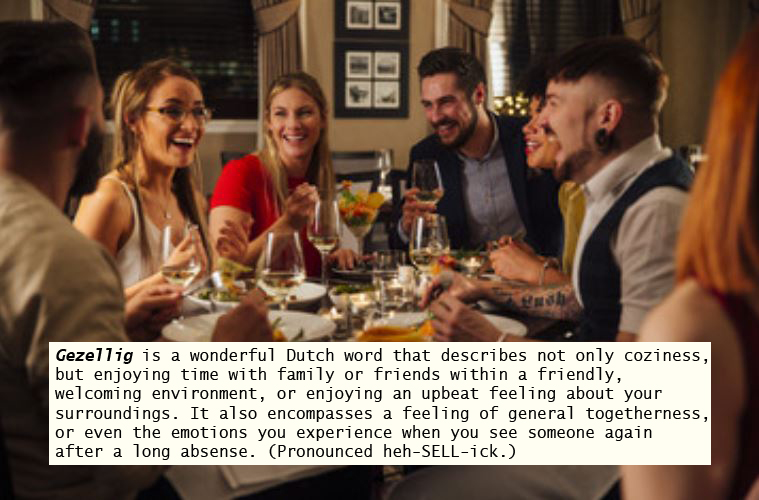Why is the English language hard to learn? Well. English is is acknowledged as being one of the most complicated languages to translate into other languages, along with Hindi, Korean, Icelandic and a host of others (depending on which particular set of statistics you look at). English incorporates multitudes of words from other languages, like the word robot for example. The robot definition actually came from a Slavonic word, and was popularized by Czech playwright Karel Capek.
But did you know there are some weird and wonderful words that are unable to be translated at all?
No? Well, even more interesting is the reason why these words can’t be translated. No solo word in any other language represents the scope of the original word. Each of these words can usually only be translated using multiple words or a phrase.
A notable English word that fits the bill is Serendipity, which literally means fortunate accident, and has no direct translation in any other language. But there are some really fascinating words in other languages, too, that helps us realize how emotion-driven verbal and written forms of communication can be.

What if those precious nameless moments between a couple actually did have a word to describe them?

Who would think there was a word for the specific type of bad luck you can experience?

There are many untranslatable words that seem to focus on someone’s sense of being. While Litost in Czech describes the torment that is gained by being aware of how miserable your life is, there are other single words our their to describe a positive feeling. Hygge is that cozy feeling you get while you are sitting around a cozy fire with your loved ones, but my favorite, all-encompassing, untranslatable word is Gezellig.

Has this given you some insight as to why is English hard to learn? There are many, many more examples of untranslatable words (the Italian even have a word for people addicted to the UV glow of tanning salons: Slampadato!), but one thing they all have in common is they show us that not matter who we are, we all have the same experiences over our lifetimes, and it behooves us to learn more about the fascinating languages around us that connect us to each other.


What a wonderful post.